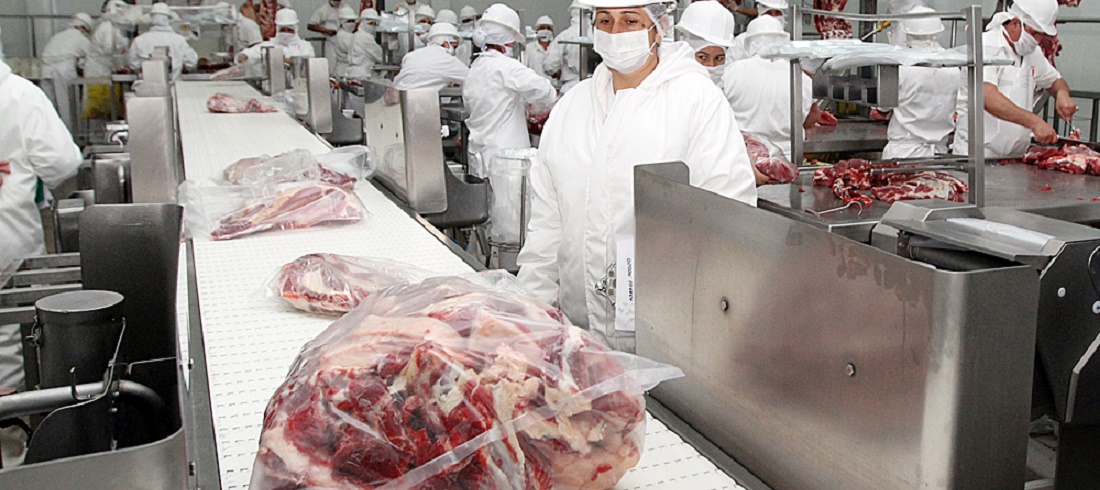
ABIEC repudiates illegal deforestation
Aug, 28, 2019 Posted by Sylvia SchandertWeek 201936
The Brazilian Beef Exporters Association (ABIEC) has published an official note in which it repudiates any practice that may incur illegal deforestation or burning in the national territory, and especially in the Amazon. Created in 1979, the entity brings together 33 companies of the sector in the country, responsible for 92% of meat traded to international markets.
According to the statement: “Brazilian livestock has been guided over the years by sustainability in the entire production chain and strives for the quality and safety of food. Practices that are contrary to the law or that violate the sector’s commitment to promote sustainable livestock do not reflect the production model advocated by ABIEC.
“Brazil has one of the strictest and most stringent environmental laws in the world, which mandates, among other rules, the obligation of rural producers to preserve from 20% to 80% of native forests within their properties, depending on the biome. Thus, we emphasize the confidence in the implementation of measures to combat illegal deforestation practices and in the identification and punishment of those responsible for such actions.
“ABIEC highlights the constant investments in technology and the most modern and sustainable production practices in Brazil, which has resulted in more productivity and evolution of the use of pasture areas by livestock. In the last 28 years, the use of these areas has decreased 15% while productivity has grown by 176%.”
According to the entity, Brazil currently produces around 10m tons of beef. Of this total, approximately 20.8% is traded to dozens of countries. In the last decade, the country registered a 135% growth in the value of its exports.
-
Ports and Terminals
Jul, 16, 2019
0
Ports in Amazon boost soy exports
-
Meat
Jul, 10, 2019
0
EU-Mercosur deal favors Brazil’s meat exports
-
Meat
Apr, 10, 2019
0
Brazil’s beef exports increase 2.6% in first quarter of 2019
-
Meat
May, 08, 2019
0
Brazil registers 11.7% growth in Jan-April beef exports



